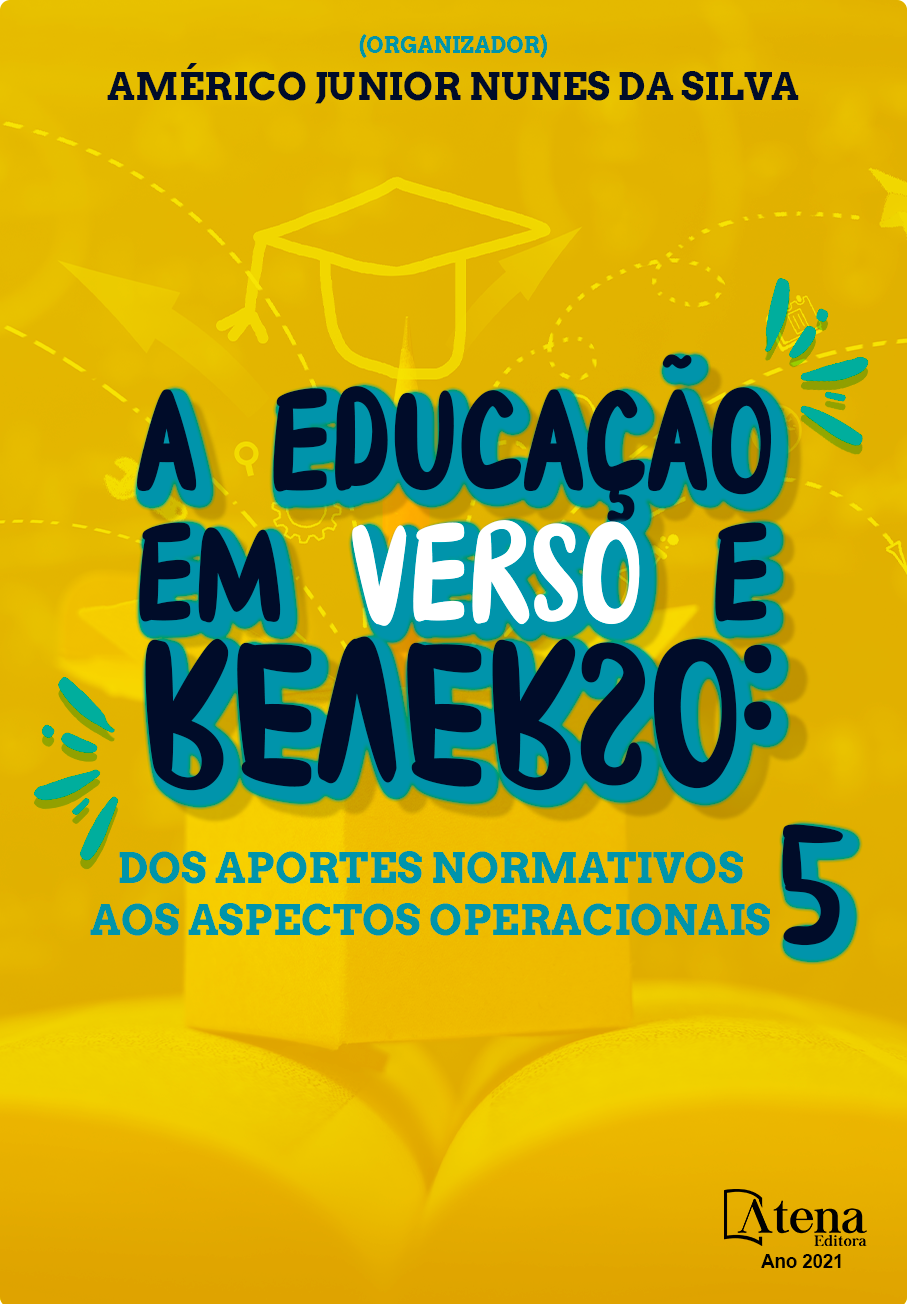
O ENSINO-APRENDIZAGEM DO LÉXICO POR UMA PERSPECTIVA CULTURAL
Esta comunicação, circunscrita ao campo da linguística textual-discursiva em interface com os estudos lexicológicos tem o propósito de apresentar os resultados de uma atividade de ensino-aprendizagem com foco na ampliação da competência lexical sob uma perspectiva cultural. Assim sendo, postula-se que o léxico e a gramática são duas tecnologias indispensáveis e complementares que asseguram o ensino de uma língua, seja ela materna ou estrangeira (REY-DEBOVE, 1984). O léxico responde pelo conjunto das unidades lexicais, um sistema dinâmico e aberto, à disposição dos falantes, sempre adquirido por processos de interação comunicativa. A gramática responde pelas regras que orientam as combinatórias aceitáveis das unidades lexicais para a formação dos textos por meio dos quais os usuários, dialogicamente, interagem-se uns com os outros, tanto pela fala oral quanto pela fala escrita (TURAZZA, 2002). Nesse sentido, não se podem negligenciar os estudos lexicais em detrimento dos estudos gramaticais nas salas de aula de língua portuguesa (ANTUNES, 2009, 2010, 2012), visto que o léxico é o espelho que reflete a visão de mundo de uma dada comunidade linguística, os seus costumes, os seus interesses, os seus hábitos e as suas crenças. Considerando esse contexto teórico, propôs-se uma atividade de leitura-escrita, a partir de verbetes registrados e definidos no Dicionário Popular da Língua Belo-Horizontina (DPLBH). Ao se retomar o propósito da atividade, percebe-se que os aprendentes compreenderam que “o léxico e a cultura estão intimamente ligados e funcionam mutuamente um identificando o outro, como se tratasse de faces de uma mesma moeda (TIMBANE, 2017, p. 20). ”
O ENSINO-APRENDIZAGEM DO LÉXICO POR UMA PERSPECTIVA CULTURAL
-
DOI: https://doi.org/10.22533/at.ed.3302109075
-
Palavras-chave: Léxico; Cultura; Ensino-aprendizagem.
-
Keywords: Lexicon; Culture; Teaching/Learning.
-
Abstract:
The purpose of this paper, based on text/speech linguistics compared to lexical studies, is to present the results of a teaching/learning activity focused on the expansion of vocabulary skills under a cultural point of view. This way, we consider both vocabulary and grammar are must-have, supplementary technologies that secure the teaching of any language, whether our mother language or a foreign language (REY-DEBOVE, 1984). Lexicons include lexical units, a dynamic, open system, available to the speakers, always acquired through communication interactions. Now, grammar involves the regulations that guide the acceptable combinations of lexical units to compose texts through which users, dialogically, interact with each other, both orally and writing (TURAZZA, 2002). In this sense, one cannot neglect lexical studies at the expense of grammar studies in Portuguese lessons (ANTUNES, 2009, 2010, 2012), considering the lexicon is the mirror that reflects the way a certain linguistic community views the world, their habits, their interests, their costumes and their believes. Considering this theoretical context, a reading/writing activity was suggested based on words recorded and defined in the Popular Dictionary of the Language of the city of Belo Horizonte (DPLBH). When the activity’s purpose was resumed, it was noticed that the learners understood that “both lexicon and culture are closely connected and work mutually, in the sense that one identifies the other, as if they were two sides of the same coin (TIMBANE, 2017, p. 20).”
-
Número de páginas: 11
- LÚCIA HELENA FERREIRA LOPES


